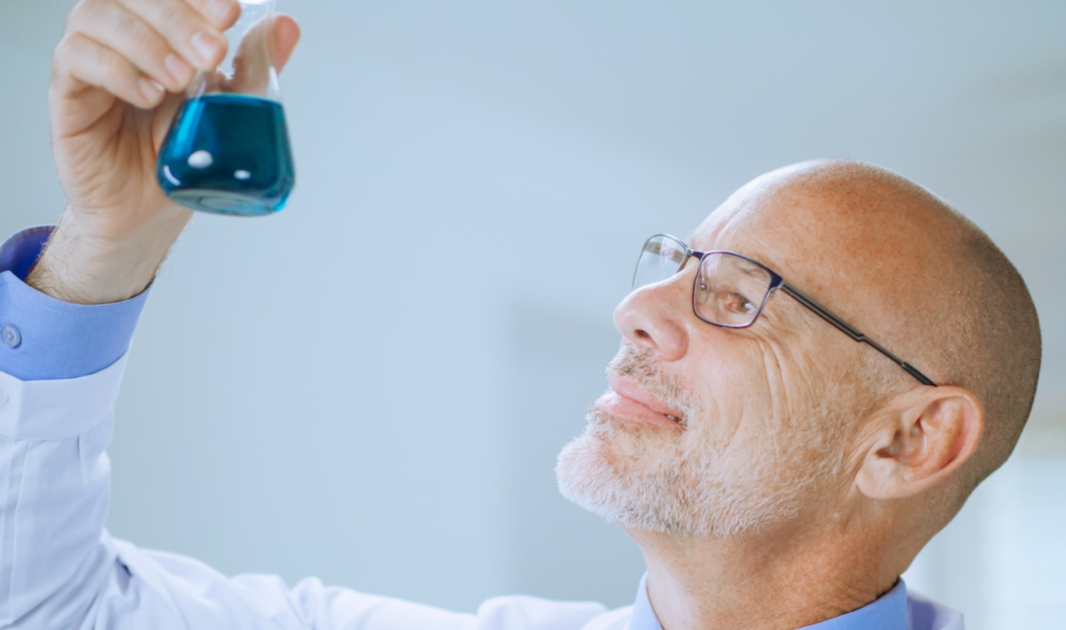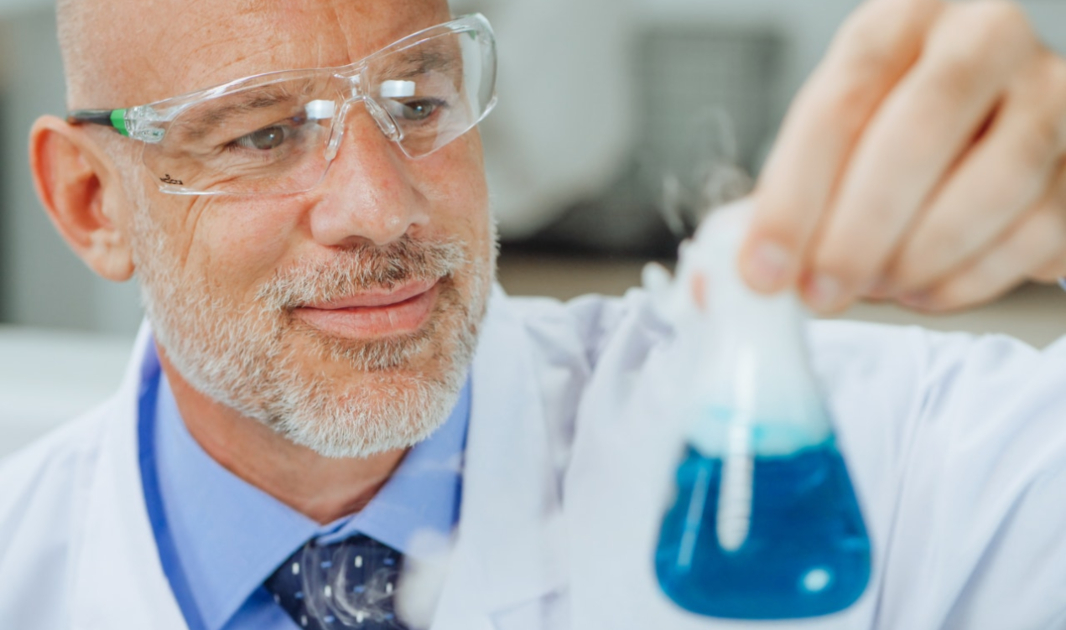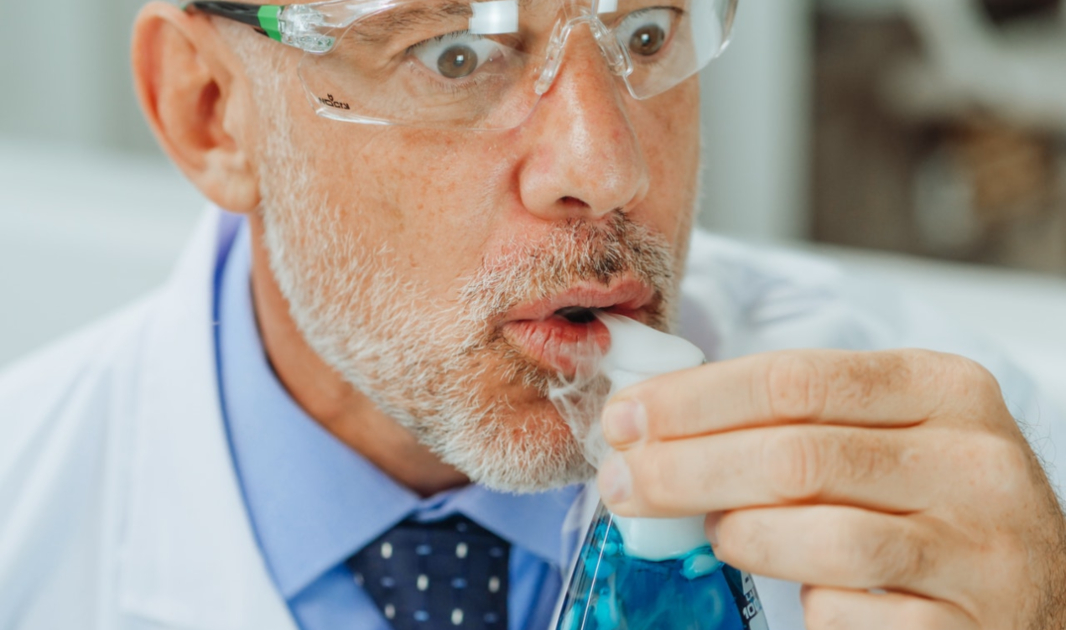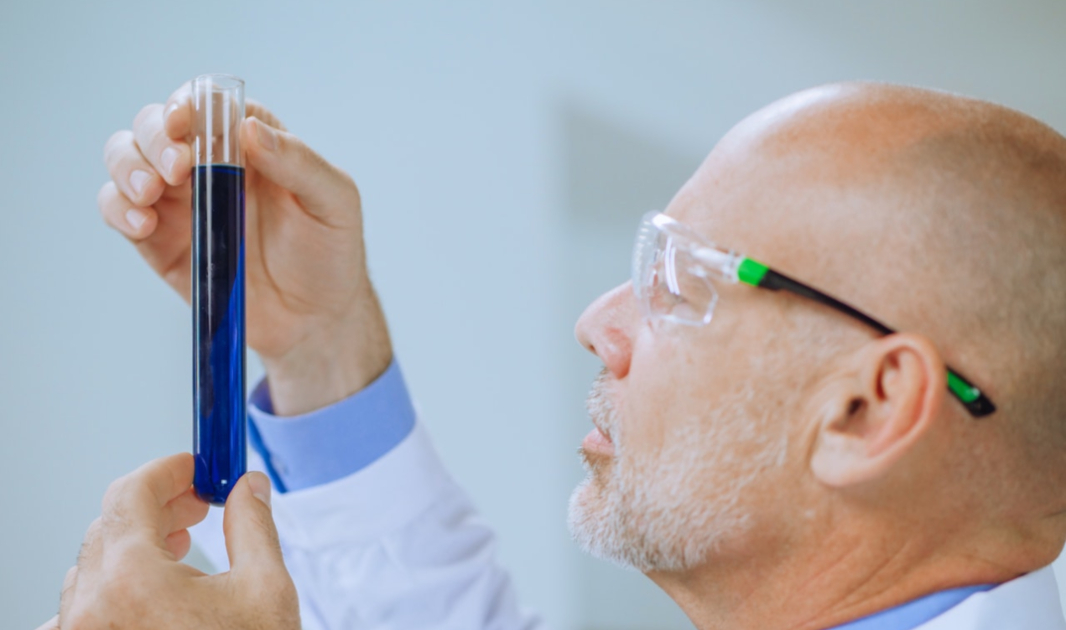The science lab can sometimes be a potentially dangerous place, with fire hazards, chemicals, and risky procedures. No one wants to have an accident in the lab, so it’s imperative to follow some basic safety rules.
If you aren’t careful while conducting tests and experiments, you could do damage to lab equipment, sustain an injury, or even rack up costly fines. Follow these Evolve guidelines at all times to ensure your own safety and the safety of others.

1. Follow the instructions
Whether it’s listening to your instructor or lab supervisor or following a procedure in a book, it’s critical to listen, pay attention, and be familiar with all the steps, from start to finish, before you begin. If you are unclear about any point or have questions, get them answered before starting, even if it’s a question about a step later on in the protocol. Know how to use all of the lab equipment before you begin.
2. Keep snacks out of the lab
Food and drinks should never be consumed in a lab. There is a chance that they could become contaminated by the chemicals used in the lab. There is also a chance that the food and drinks could spill and contaminate an experiment. If you need to eat or drink, make sure you do it before you enter a lab or wait until you leave.
3. Don’t sniff the chemicals
Not only should you not bring in food or drinks, but you shouldn’t taste or smell chemicals or biological cultures already in the lab. Tasting or smelling some chemicals can be dangerous or even deadly. The best way to know what’s in a container is to label it, so get in the habit of making a label for glassware before adding the chemical.

4. Dispose of waste properly
Much of the waste created in a lab needs to be disposed of in something other than just the regular waste bin. You also need to avoid dumping most chemicals down a drain since it could be bad for the plumbing system and potentially the environment. Make sure you know how to dispose of everything you plan on using in the lab before you start your next experiment.
5. Identify safety equipment
If something goes wrong while you’re in the lab, you need to know where the safety equipment is located so that you can start using it right away. From the location of the fire extinguisher to the location of the eye wash, you should make sure the safety equipment is present and point out where it is before you begin an experiment.
6. Think safety first
If a chemical were to spill in the lab, what would you do? Or if you were injured while doing an experiment, what would be your next move? It’s impossible to eliminate all accidents from a lab, but you can take the right steps to prepare yourself for one. It could prevent a small problem from turning into a larger one.
7. Dress for the lab
From the moment you walk into a lab, you need to be dressed properly from head to toe. This means wearing long pants, a lab coat, safety goggles, covered shoes, and any other protective gear required by the lab. You should also put your hair up if you have long hair and wear gloves and hearing protection if the experiment you are conducting calls for them.

8. Don’t play the mad scientist
Another important safety rule is to act responsibly in the lab. Don’t play Mad Scientist, randomly mixing chemicals to see what happens. The result could be an explosion, fire, or release of toxic gases. Similarly, the laboratory is not the place for horseplay.
9. Leave Experiments at the Lab
It’s important, for your safety and the safety of others, to leave your experiment in the lab. Don’t take it home with you. You could have a spill or lose a specimen or have an accident. This is how science fiction films start. In real life, you can hurt someone, cause a fire, or lose your job.
10. Don’t experiment on yourself
The plot of many science fiction films starts with a scientist conducting an experiment on him or herself. However, you won’t gain superpowers or discover the secret to eternal youth. More than likely, whatever you accomplish will be at great personal risk.
Good to know
The latest news and insights from Evolve
Let’s get your science project started today
Whether you’re still in the ideas phase of a new science-led project or are looking to grow, Evolve will help you confidently take your next steps.
Tap into our team of experts, here to guide you through our products, services and planning. If you need to speak with us right away, call us or visit our Support Centre page. You’ll be glad you did.


